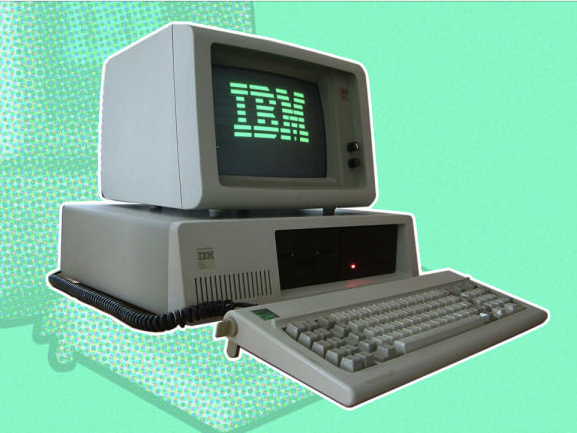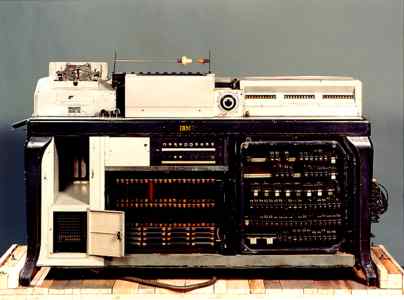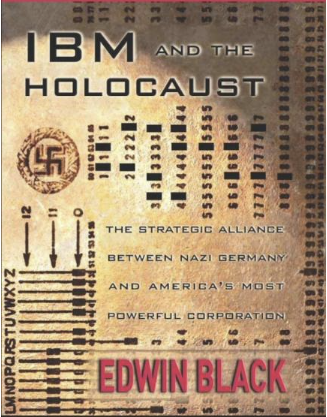The Perils of Computer Technology
Written by Kim van Alkemade

As an English major in college, I wrote my papers on a manual typewriter, hunting and pecking at the keys and erasing my mistakes with liquid whiteout. When I started graduate school at the University of Wisconsin-Milwaukee in 1985, there was a futuristic “word processing lab” in Curtin Hall full of bulky desktop computers running a program called WordPerfect. There, I reveled in the luxury of deleting mistakes, inserting new words, moving sentences, and checking my spelling. I could print my paper with incredible speed on a dot-matrix printer, or save my work on a 5-inch floppy disk for later editing. I loved processing my words in this amazing lab!
At the time, humanist educators hypothesized that computers would free students from the tyranny of handwriting, foster creativity by allowing easy editing, and enable people to express themselves freely in anonymous message boards where they wouldn’t be judged by how they looked or the way they talked. I was so inspired by these lofty claims that I focused my dissertation on the new field of Computers and Composition. What my review of research found, however, was that computers didn’t actually free students to produce more words, take more risks, or be more creative. Instead, computers made it possible for students to finish writing their papers faster, freeing them to do other things—like work, sleep, or party.
Don’t get me wrong—I loved using a computer to write my dissertation because it was so much faster and easier than my old manual typewriter. But what I realized from my research was that the essential nature of computer technology is not freedom but efficiency.

Typical punch-card computer used during the Nazi regime,
from the collection of the United States Holocaust Memorial Museum
Maybe that’s why I was so intrigued by Edwin Black’s book IBM and the Holocaust. In meticulous detail, Black documents how punch-card computer technology was essential to the astonishing scope and monstrous efficiency of Hitler’s “Final Solution.” Computers compiled census data that enabled the Nazis to identify and locate their victims. Concentration camps used computers to inventory their inmates. Slave labor was managed by computers that sorted prisoners by skill and invoiced companies for their work. I had understood genocide as being rooted in the basest of human instincts. To learn that the power of computers had been harnessed for murder was horrifying.

Edwin Black’s book that inspired Counting Lost Stars
The story I tell in my novel, Counting Lost Stars, is inspired by the historical fact that computers were used in the Holocaust. But I also want readers to think about the essential nature of computer technology to make anything it is applied to exponentially more efficient. Today, we use DNA databases to find distant relatives and learn about our heritage—but the information in these databases could just as easily be used to target people of a specific ethnicity. We’ve all seen how social media not only connects people and communities, but also amplifies misinformation and disseminates harmful messages. Nazism has already shown us that harnessing hatred to the power of computers can result in unimaginable catastrophe. In Counting Lost Stars, I show the courage it takes for individuals to counter the essential nature of computer technology with the human capacity for love.

